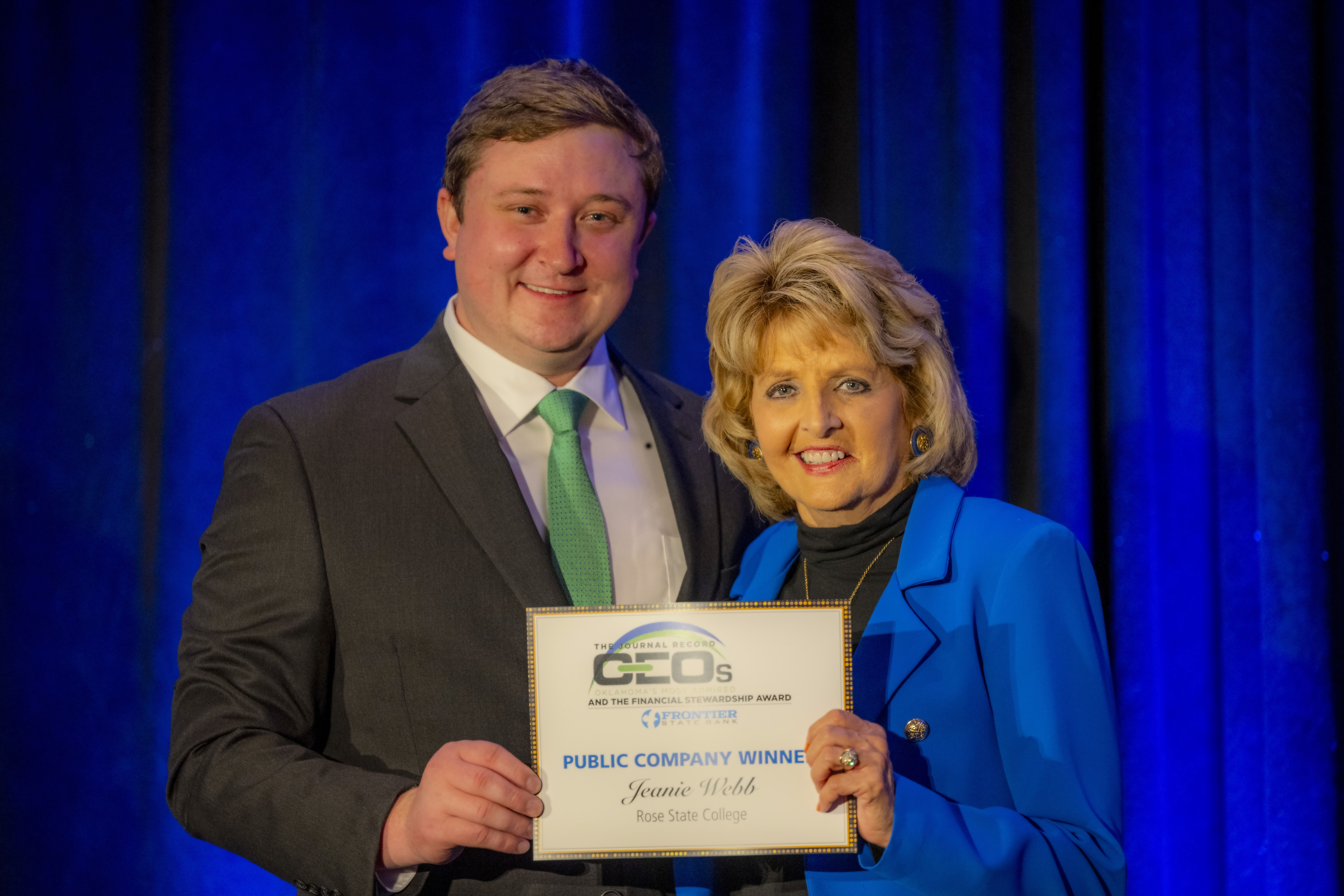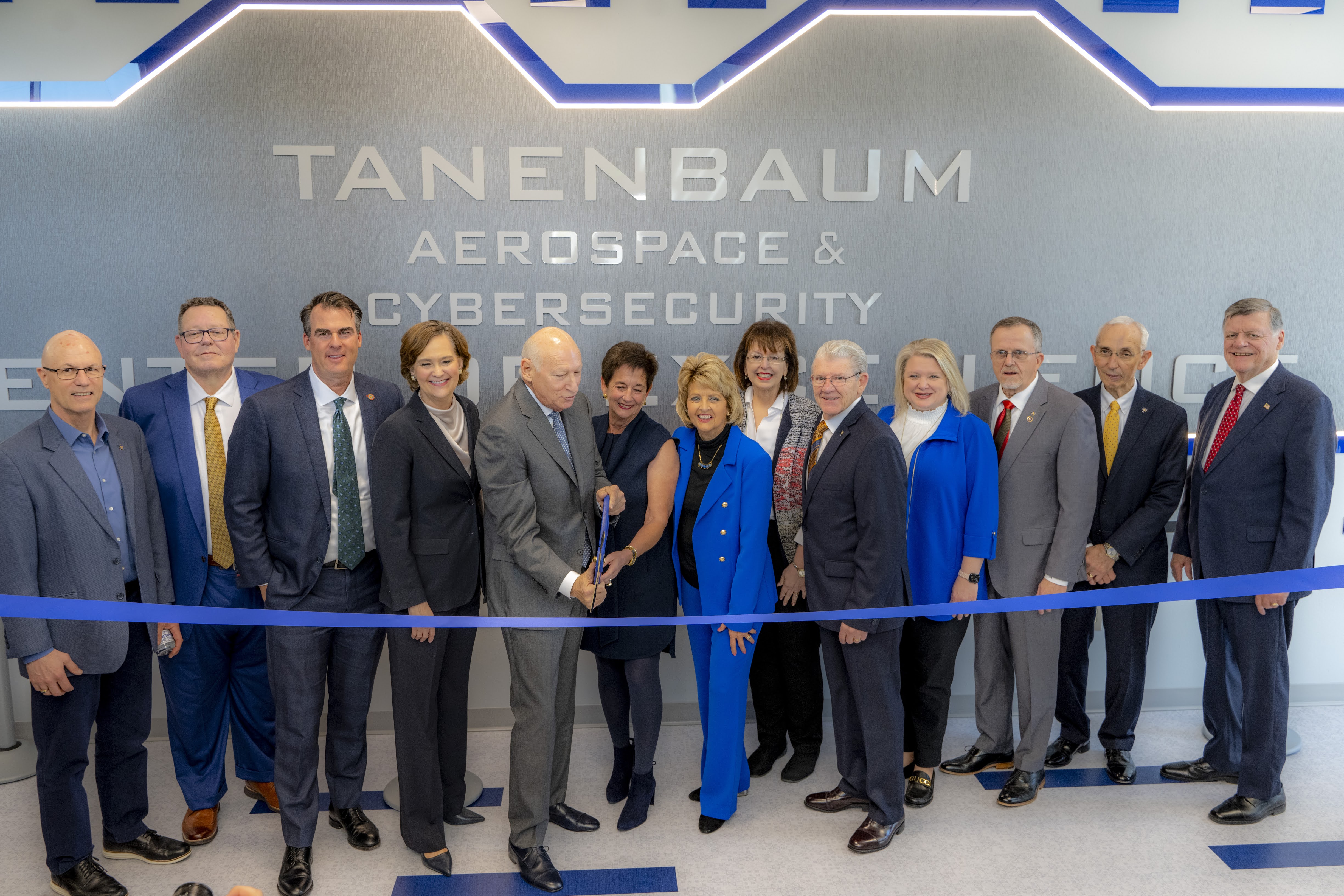Palon, Alma
Born: October 31, 1925, Hopkinsville, KY
Interviewed: Feb. 27, 2003
Interviewer: Ryan Burch
Topic:
Q: Where did you attend school and for how long did you go?
A: Hopkinsville, KY, and I went for 12 years. I graduated 1943.
Q: That was college?
A: No, that was high school. By that time, the war was on – I was in high school when it started.
Q: What were your interests? What kind of stuff did you like to do?
A: I was born and raised on a farm, and there wasn’t a lot to do during that time. Go to school, go to school parties, go to church, chase boys, you know (chuckled). We were married in ’44, and I was only 19 then. I worked when I was 18 as a riveter. After I graduated, I went to Evansville, Indiana, which is right next to Kentucky, and they were making P-47s. They were brand new fighter planes. I think they’re called something different now. They were begging for help. My cousin went over there and they trained her. I didn’t hardly know what a drill motor or a rivet gun was, and it scared me to death the first time I picked up a drill motor. And they trained me. We worked 10 hours a day, six days a week – five days we worked 10 hours and on Saturday we worked eight hours. So we worked 58 hours a week. It was hard.
Q: When did you begin to sense that the US was heading toward war?
A: Well, when Pearl Harbor happened I was only 16 years old . We didn’t have TV then, we only had radio. So we heard about it, but you knew – like high school kids know – you knew the world was in trouble, but we didn’t take it seriously like we do now. We we’re exposed to as much.
Q: What was your reaction? How did you feel about us heading for war?
A: I was too young to really understand.
Q: What was the atmosphere like and the mood of the people in the town where you lived? How did everybody react?
A: A lot of younger people were signing up. They were telling my dad to produce war food, you know. That was kind of the thing then, preparations.
Q: You said you weren’t married at the time whenever it was going, but were you seeing your husband at the time?
A: No, when I was 16, my sister and her husband, he was already in the service. They invited me to come to San Antonio where they were living. He was training there. I went down there one summer. I met Don down there. But then we weren’t married until I was 19. I spent three months down there and he was down there training.
Q: This was at Lackland?
A: He was at Randolph Field, I think. (Spoke with husband to confirm.) That town was just overrun with military because during that time they had a lot of bases all around there. I mean it was just overrun with military. I was 16. I’d never had a job. My sister said I probably could get a job – we didn’t live very far from town because San Antonio wasn’t that big at that time. She said I could probably get a job at what we called a 5 and 10 store, like our Wal-Marts and stuff. I worked for about three months down there. That was big deal for me. And I met him while I was working selling cookies in the dime store. It was fun for me!
Q: When did the government announce that women were going to be brought into the defense industry?
A: I don’t know – I was 18. You had to be 18 to work in the defense industry then. And I don’t know if they announced it. They probably announced it in ’42 or ’43. But so many of the boys were gone to the service, they needed help bad.
Q: Did you know a lot of other women in the area that were also going to be involved?
A: Well, not in the real area, because I lived on a farm, about 10 miles out from Hopkinsville. Hopkinsville now – you’ve heard of Ft. Campbell? OK, Hopkinsville is six miles from Ft. Campbell. Ft. Campbell wasn’t there then. At that time Hopkinsville wasn’t all that big, you know. Every place has grown. They didn’t have any industry right in Hopkinsville. But Evansville is just right across the Ohio River, about 90 miles from Hopkinsville, and I had a cousin over there. And I knew some of my cousin’s friends, but other than that I didn’t know any others. But we met a lot of people. We were all women. I met an awful lot of women.
Q: What kind of jobs did you work? What were you responsible for? Just riveting?
A: Oh no. We did wing service (muffled). They made one brand new airplane an hour. The whole thing. They rolled one out the door every hour. See, they worked around the clock. Like our regular shift was 10 hours. And those little fighter planes, they weren’t all that big. I mean, they’re big, but not like the big planes today.
Q: Wow. How well did they pay you?
A: I was trying to think of that the other day. I worked there for almost two years – about a year and a half. And it was less than a dollar an hour. We were married. And when he got out of the service and we came here to Oklahoma, and we got here at Christmas of 1950, and he went right to work in January. And they said, “We’re not taking women’s applications yet,” but they gave me the name and address and said “You mail this in.” And as soon as we are – we’re taking riveters – sheet metal mechanics and riveters – and in three weeks they called me. So I went to work at Tinker in 1951, and then I worked there for (muffled). But I wasn’t always a riveter. I hired in and worked three and a half years (muffled) wing and surface. We did ailerons, flaps, (muffled) wings. We repaired all them. We didn’t make brand new ones out here at Tinker, we made repairs. It was a lot of drilling and a lot of riveting.
Q: That got monotonous, didn’t it?
A: Yea, it did after a while. But you’d do one, then you’d do another one. Like I said, Tinker has always had a reduction in force, you know, by moving people around. They move people around – they call it a reduction in force – but they just move people around. And I got lucky. I was real low seniority, and I got what they call production control. So I had a desk and did paperwork Ordered parts for the shop, sent back, (muffled). And then I was able to go on up, gradually, I got better and better jobs.
Q: How long did you work there? Did you work there till after the war?
A: I didn’t work in Indiana till after the war. I worked there about a year and a half. Then we came here. And I worked here for 26 years.
Q: Was there a sense of camaraderie among the female workers? Do you still have any lifelong friends from that?
A: Oh yea. I still have a lot of lifelong friends from Tinker. From my first job, I wrote some for a long time, but we scattered all over the country, and everybody went and married somebody.
Q: So it was hard to keep in touch?
A: It was hard to keep in touch.
Q: Did all the women enjoy your work, or did some of it prove to be too difficult?
A: Oh, no. We were young. It didn’t bother me. (muffled) You just have to have the right attitude.
Q: Were the women from all kinds of economic, ethnic, racial – all kinds of people there?
A: All kinds of people.
Q: So there wasn’t any racism?
A: No. You just worked together. (muffled)
Q: Just a bunch of women?
A: Well, there was some men, too. Some men couldn’t get in the service for some reason or other.
Q: But, like, every man that pretty much could, almost every one of them went?
A: Oh yea. You were asking about the salary. Now when I went to work at Tinker in January 1951, I made $1.18 an hour.
Q: Was that good for back then?
A: Well, we were able to survive on it. I guess maybe for back then it was OK. Because things were cheaper then. You can’t buy anything for a dollar today.
Q: What was the reaction of your fellow male workers to the war? Working with different kinds of women, did they have any problems with it or anything?
A: No, people just wanted to work together. You get to know other people’s family, and they get to know yours. I can remember we went on picnics, most had kids. . .
Q: How were you treated by them, as well as the bosses who were in charge? They didn’t try to be superior to you, like keep you down?
A: No, they didn’t. Well, the women weren’t promoted as fast as the men. It hadn’t been many years over at Tinker that women just didn’t get promoted that fast. I don’t care how good you were or what. They just wouldn’t promote you that fast because you were female. It’s just the last several years that women have actually got equal pay for equal work. It hasn’t been very long. But you’ll find politics in every phase of life, I don’t know what phase of life – church, school, work, every phase of life you’re going to find politics. So you might want to be a politician!
Q: What was the overall atmosphere at Tinker and around here to war? Was it everybody around here kind of freaking out, or what exactly happened?
A: Well, the war was over when we got here.
Q: What kind of memorable things did you witness or did you get to experience?
A: At Tinker? I guess you’d experience just about everything. It’s just like normal life today. We didn’t have any plane crashes or anything. Sometimes you’d have security checks and wonder what was going on. We usually never knew. You’d have fire drills. Nothing too exciting. One time, President Ford came here. Anytime there was any celebrity come through, everybody had to clean up everything, be on their best behavior, and they made everything secure. You know how it is now, whenever some dignitary comes to Tinker. I wasn’t in the big building at that time. I was working in one of the other buildings, one of the big hangars. President Ford came and they let us all go outside to see the plane land. He came over and shook hands with all of us. I did get to shake hands with him. Just little things like that, nothing big.
Q: After the war, was there any kind of pressure from the government or the media to have the women leave the workplace so that men could have their jobs again?
A: Oh, yea. They gave the veterans preference. (muffled) That still goes on today. But they hired the military over the women or the men.
Q: Well, in a way, that’s kind of fair.
A: Yea, cause they may have left a good job, and had to come back to whatever. So that’s really fair.
Q: How do you think the war years impacted the lives of women in this country? How did it change?
A: Well, I guess it let women know that they could do things just like the men could, you know, earn a living. Today, 2/3 of the households are single parents, seems like. I guess it was kind of eye-opening, that women didn’t have to stay home and cook and wash dishes. That could be shared (laughter).
Q: Did the skills you learned during the war serve you in any kind of way after the war? Besides just working at Tinker, how did that affect you?
A: I did that school, and then we did lots of other schools. I don’t think you ever go to school but you learn something. And part of you use in your everyday life, some of you don’t. That was just the first school I went to. By keeping on working, I went to a lot of schools. I had to go to engineering school and go higher than high school in my math, and all that stuff. Because when I left, I was (muffled) engineer, and constantly looked at problems, and how much it would cost to repair this item or that item. And stand out there and (muffled) what they call time and motion, you know, an hour to do this job, or two hours to do this one, or five minutes to do this. So I was able to get my grade on up pretty high. I went to a lot of schools. I think you use it in everyday life. Just like when you’re unloading your dishwasher. When I went to the time and motion school, they’d show you how you have to carry one piece to the cabinet and put it away – how you can make less trips. Or cooking or anything else, you know. It teaches you how its less work, quicker, faster. More efficient.
Q: Do you want to talk about anything else that you’ve experienced during the war or how the country was or anything else?
A: No, I enjoyed working for the government. We had a good life. Have a good retirement. I’m happy that I did work. Tinker’s a good place to work.



